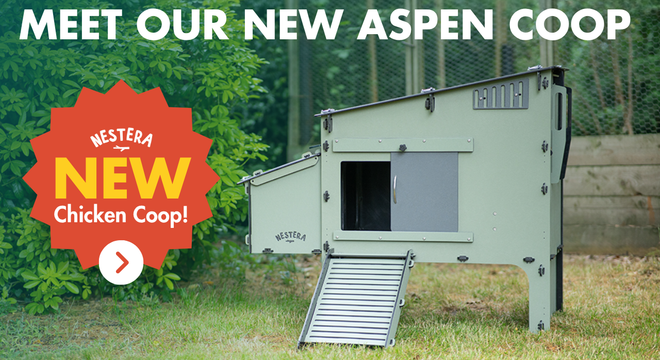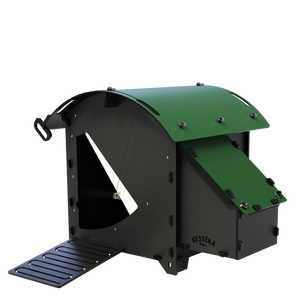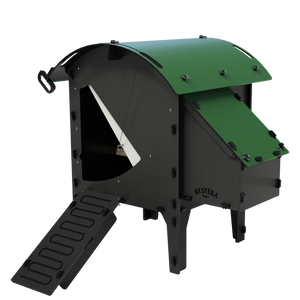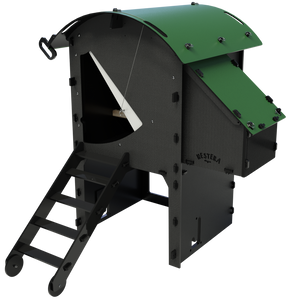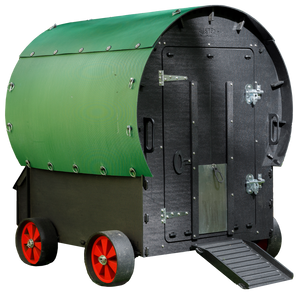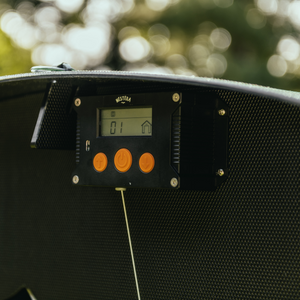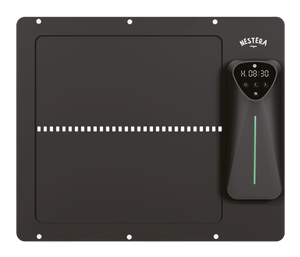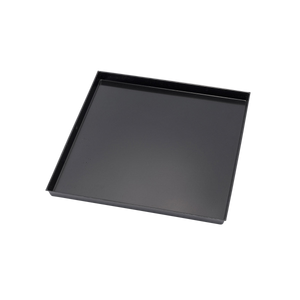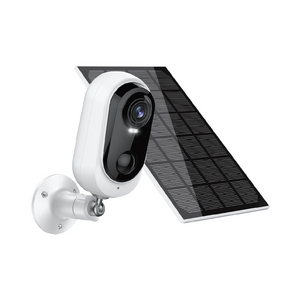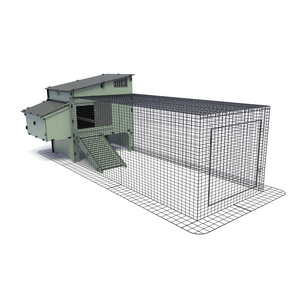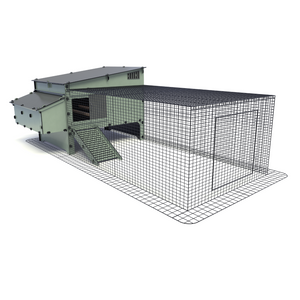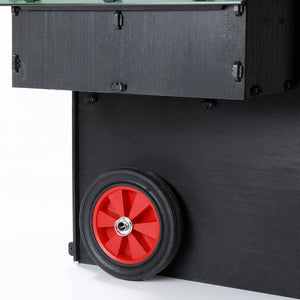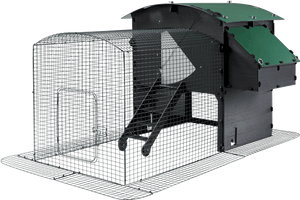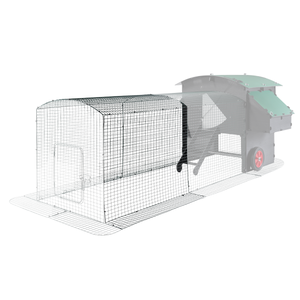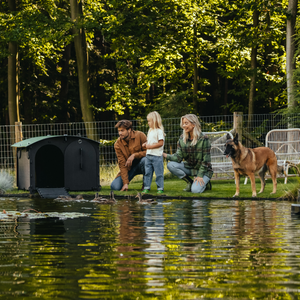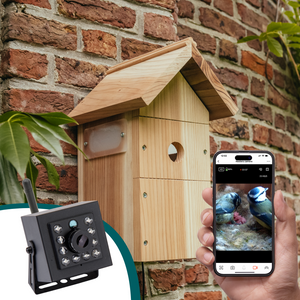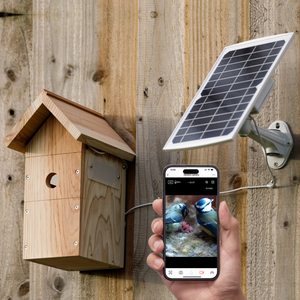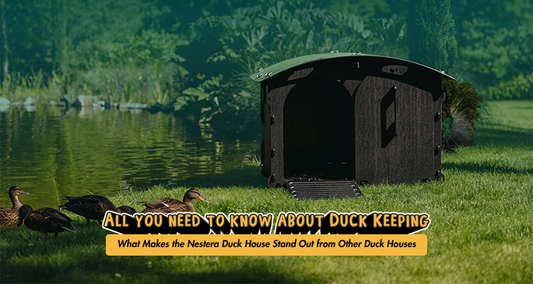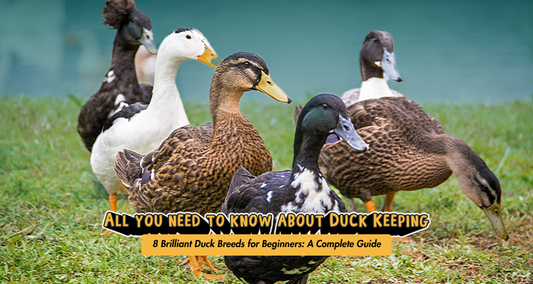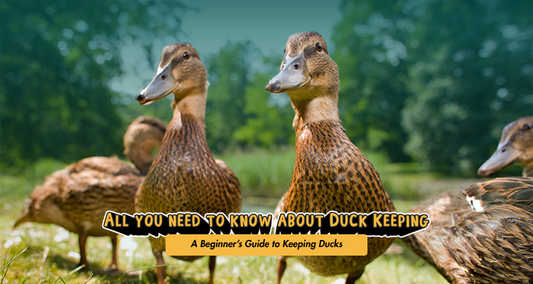We all adore our feathered friends, so it’s natural to worry about them during frosty winter weather. Luckily, chickens are brilliantly adapted to not only cope but thrive in even the coldest temperatures.

Chickens have several different types of feathers. The down and semiplume feathers are natural insulators that help keep chickens warm by trapping a layer of air next to the skin.

This trapped air acts as a buffer to keep the heat generated by the chicken's body from escaping. They produce HUGE amounts of heat! If you have ever seen a large number of chickens being moved by lorry, you’ll probably have noticed they are always open-sided. If they were closed in, they’d overheat very quickly.

The structure of the larger contour feathers helps keep the chicken warm by reducing the amount of wind that can reach the skin. These form an outer shield from wind and rain, as well as keeping the other feathers dry.
Chickens also fluff their feathers to create more insulation and reduce heat loss - very similar to the way our arm hairs stand on end when we’re cold and get goosebumps.

As cute as chicken jumpers are, they’re not recommended for fully feathered chickens. They prevent chickens from fluffing up and can actually cause them to lose heat instead of preserving it.

Chickens will often tuck their faces and beaks under their wing and snuggle down onto their feet to keep them both warm. It looks incredibly uncomfortable to us, but what do we know!?

Chickens huddle together for warmth too, either on a perch or in a cluster. This shared body heat benefits the whole group and works best if your coop is not overly large.
Chickens often eat more in cold weather to power their ‘internal boilers’. Many are also confined to their runs due to bird flu too, so although hens are often not laying at this time of year, they still benefit from receiving some extra treats. Provide them with some high calorie seeds during the afternoon to keep them snug all through the night.

Even in cold weather, chickens still drink a fair amount of fresh water to keep themselves hydrated, so always ensure they have access to water that isn’t frozen each day.
Nestera chicken coops are created with chicken wellbeing and happiness at the forefront and have been designed to keep chickens comfortable all year round. Check out our range of recycled plastic chicken coops here.

